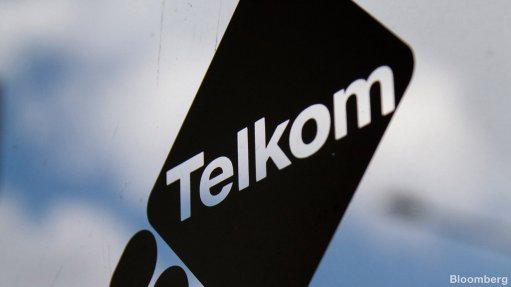
JSE-listed Telkom on Thursday moved to have the Independent Communications Authority of South Africa’s (Icasa’s) regulatory nod for Vodacom’s buy-out of Neotel set aside.
Telkom filed a “semi-urgent” application with the North Gauteng High Court for an interim order to block the deal as the telecommunications giant believed Icasa had failed to follow due process.
“Telkom is of the view that the regulator’s approval was premature,” spokesperson Jacqui O’ Sullivan said in an emailed response.
The firm said the deal’s impact on competition and the market structure of the transfer of control of spectrum licences should have been examined more closely, with appropriate licence conditions imposed to maintain a level playing field.
“A transfer of control of spectrum licences in the circumstances will be contrary to the values of accountability, responsiveness and openness which are fundamental values of our constitution,” the company said.
Further, the regulator did not have regulations in terms of the Electronic Communications Act guiding certain aspects of the deal, including the transfer of control of individual licences and the adjudication over the broad-based black economic-empowerment implications of the proposed transfer of control.
“Icasa should consider promulgating the regulations referred to above prior to adjudicating over the transfer of control of spectrum licences.”
Telkom’s application questioned whether it was lawful for Icasa to have approved the transfer of control of Neotel’s radio frequency spectrum licence in favour of Vodacom in the circumstances, particularly when Icasa implemented regulations that would not allow the approval of the “assignment, ceding or transfer” of control of a radio frequency spectrum licence if it failed to promote competition or resulted in the reduction, to less than 30% of equity ownership, held by historically disadvantaged persons.